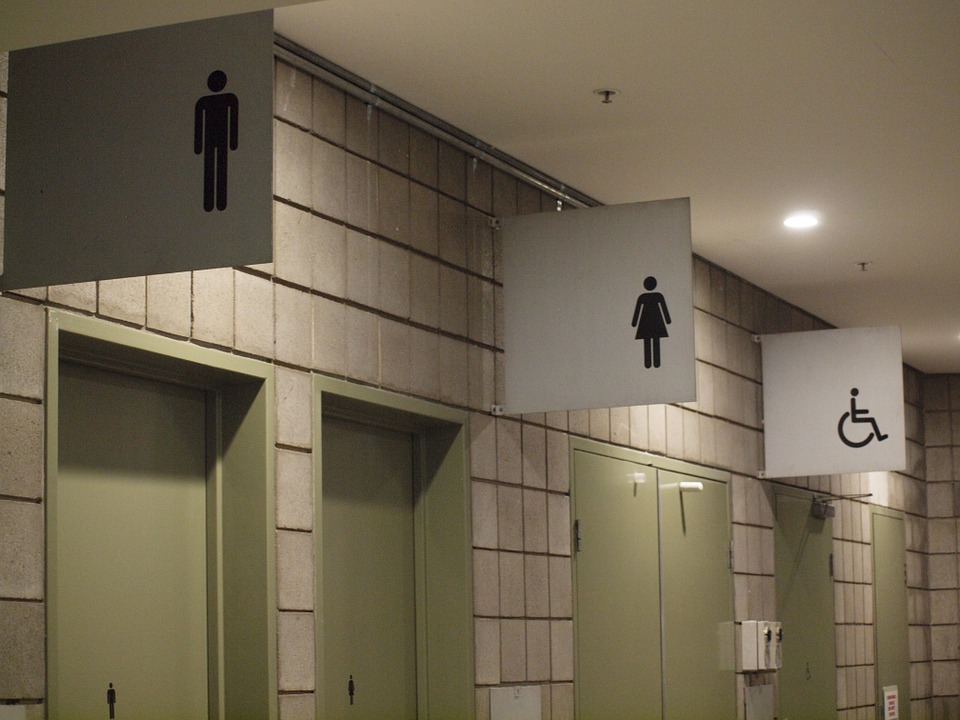Belafonte’s speech powerful, no one there to hear it

During my time at DePauw University, I have listened to lectures from esteemed guests such as Leymah Gbowee, Bill Clinton and Ron Paul. But this week, I heard a speech more critical than any other that I have heard on this campus: a speech from 87-year-old activist Harry Belafonte.
Belafonte comes from a time when a tweet was not the endpoint of a political movement, but rather from a time when social activism was rampant. Known to be a beacon of controversy, Belafonte delivered a straightforward lecture about the growing plague of complacency and immorality that has been dominating American society and the global community. His ideas are the most important ideas I’ve heard at DePauw.
Not enough of my peers heard Belafonte’s speech. DePauw filled Kresge (a room with a capacity of 1400) when Ron Paul offered his “criticism” of American domestic, social and foreign policy. Only about 200 people attended when Belafonte spoke, and Belafonte’s speech was more powerful.
While Belafonte did identify the government as contributing to the moral and social decay of the country, he also identified the role each of us plays in that decay. Our support of excess, our celebration of greed and, most importantly, our pronounced apathy causes us to accelerate the fall of our country. Those same traits are ultimately causing the destruction of the planet as well. I, myself, have participated in the apathy that categorizes the millennial generation, but Belafonte’s activism and passion have rekindled my own. (I’d be happy to sit down and talk with anyone about my plans after DePauw.) Belafonte raised the point that radical thinking is falling, or has fallen, out of fashion. We have become too content with docility. But Belafonte did not end his speech on such a grim note.
In the small crowd of students, faculty and locals, Belafonte saw hope. He believed that among that audience lay the possibility to change the ills in society. “The civil rights leaders were in the same place [we] are now,” Belafonte said in his lecture. “They were the ones sitting in the auditoriums in the universities.” So I urge you all (especially those that missed out on the opportunity to hear the speech for yourselves) to take up Harry Belafonte’s cause– shrug off apathy, and find a way to get involved, not in the perpetuation of the status quo, but in the positive change we all would like to see in our community, in our nation and in our world.

Year in Review

Diversity in Children's Books: A White Author's Quandary (Part II)

Diversity in Children's Books: A White Author's Quandary (Part I)

